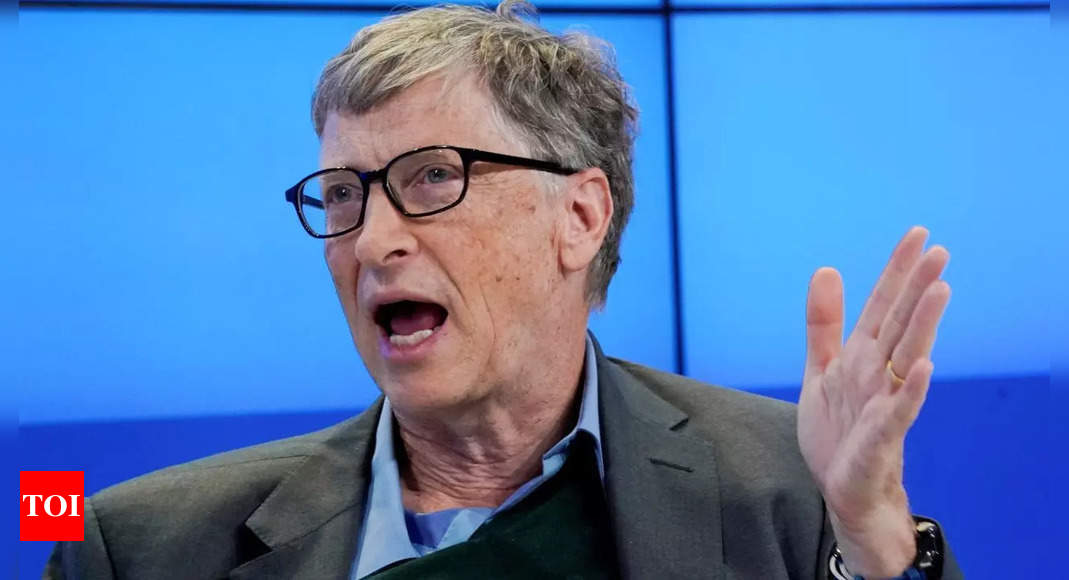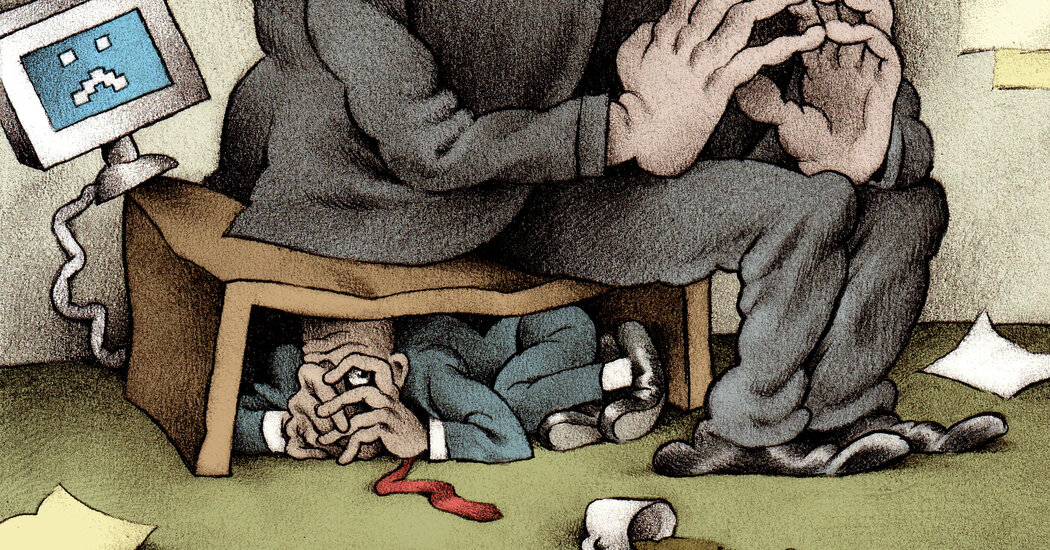Bill Gates, the co-founder of Microsoft, is widely regarded as a visionary in the world of technology and innovation. Over the years, he has made several bold predictions about the future of technology, many of which have come true. From the rise of smartphones to the dominance of streaming services, Gates has successfully anticipated many of the biggest technological shifts. However, not all of his predictions have been accurate. Some of his forecasts did not materialize as he expected, either due to miscalculations in timing, unforeseen technological advancements, or shifts in consumer behavior.
Here are the predictions that Bill Gates got wrong, examining what he foresaw, why it did not happen as he predicted, and how the actual outcome diverged from his expectations.
Bill Gates’ 7 tech predictions that missed the mark
Internet would flop
In the early 1990s, Bill Gates initially underestimated the commercial potential of the internet. He reportedly stated in 1994 that he saw “little commercial potential” for the internet over the next decade. His skepticism was also reflected in his 1995 book, The Road Ahead, where he did not fully recognize the internet’s impending dominance. However, shortly after, Gates realized his mistake and changed course, embracing the internet’s potential in his famous 1995 “Internet Tidal Wave” memo. This strategic pivot helped Microsoft catch up with the rapidly growing internet boom.
Voice search would overtake keyboard searches by 2013
During a speech at Carnegie Mellon University in 2008, Gates confidently predicted that “there’ll be more searches done through speech than through the keyboard five years from now.” However, by 2013, this prediction had not come true. While voice search has grown significantly with the introduction of virtual assistants like Siri, Alexa, and Google Assistant, keyboard-based searches remain the dominant method of online queries. The slower adoption of voice search can be attributed to accuracy issues, privacy concerns, and the fact that many users still prefer typing for complex queries.
Death of printed phone directories by 2012
In 2007, Gates predicted that printed phone directories, such as the Yellow Pages, would become obsolete among people under 50 by 2012. While the use of printed directories did decline significantly, they did not disappear as quickly as Gates had anticipated. A 2010 survey found that 60% of Americans aged 25 to 29 were still using the Yellow Pages, indicating that traditional directories remained relevant longer than expected. However, in the long term, Gates’ prediction was largely accurate, as print directories have since become nearly obsolete in the digital age.
Tablets would become the most popular PC by 2007
In 2002, Gates stated that within five years, tablets would be the most popular form of PC sold in America. While tablets have become widely adopted, they did not surpass traditional desktops and laptops by 2007. Instead, it took until around 2015 for tablet sales to exceed those of desktops and notebooks. The delay in widespread tablet adoption was primarily due to the limitations of early models, such as high costs, lack of optimized software, and competition from increasingly lightweight and powerful laptops.
Spam emails would be eliminated by 2006
In a 2004 interview with the BBC, Gates predicted that spam emails would be “a thing of the past in two years’ time.” Despite advances in email filtering technology, spam remains a persistent problem today. According to data from Statista, nearly 46% of email traffic in 2023 was considered spam. While spam filters have improved significantly, cybercriminals continue to develop more sophisticated methods to bypass security measures, keeping spam emails a lingering issue.
Passwords would become obsolete
At a cybersecurity conference in 2004, Gates declared that passwords would eventually become obsolete, as people would move toward biometric authentication and other security measures. While alternatives such as fingerprint scanning, facial recognition, and two-factor authentication have gained traction, passwords remain widely used across various platforms. The persistence of passwords is due to their simplicity and the challenges in implementing secure and cost-effective alternatives on a global scale.
Computer mouse would disappear
During his final speech at the Consumer Electronics Show in 2008, Gates predicted that the computer mouse would soon become obsolete, replaced by touch, voice, and stylus-based interactions. While touchscreen devices and voice-controlled systems have indeed gained popularity, the computer mouse remains an essential tool for many users, particularly in fields such as graphic design, gaming, and office work. The continued relevance of the mouse is due to its precision and ergonomic benefits, which other input methods have yet to fully replicate.


